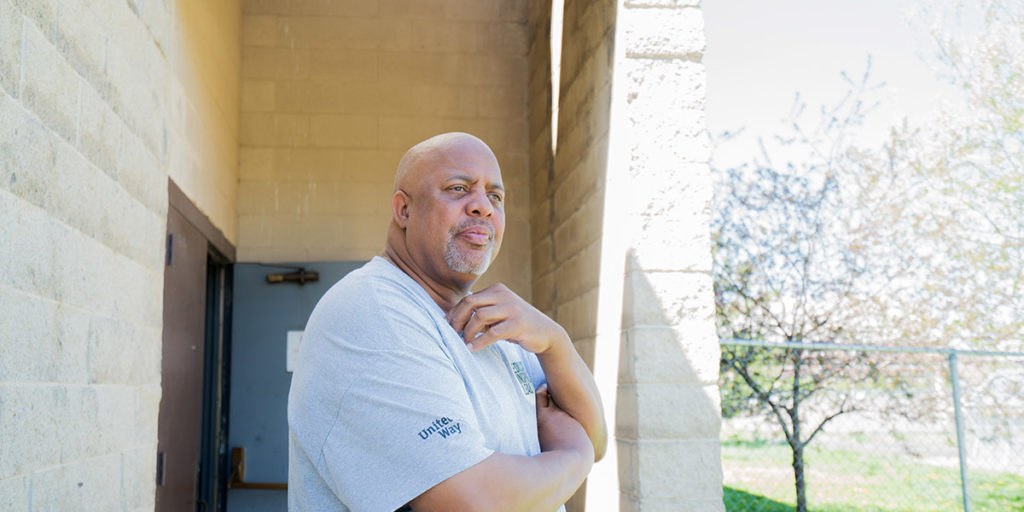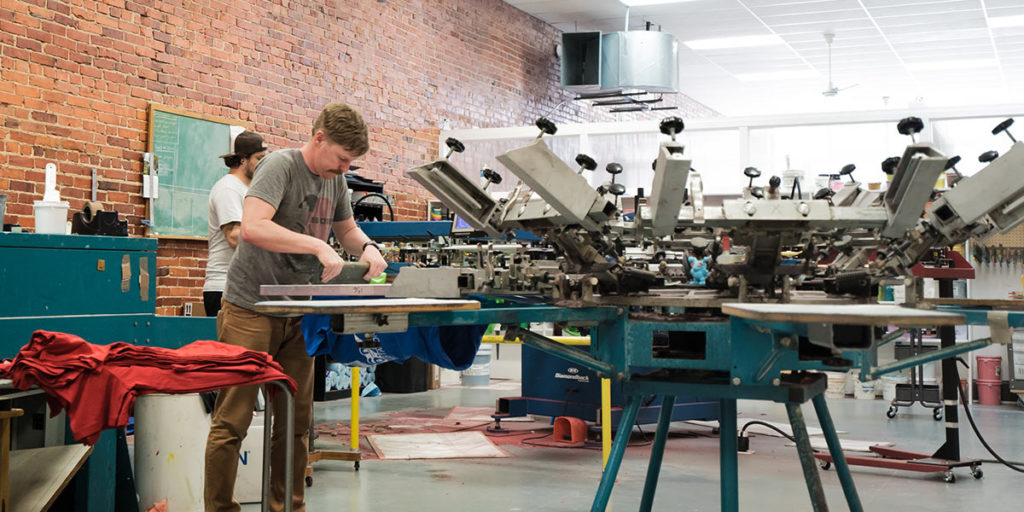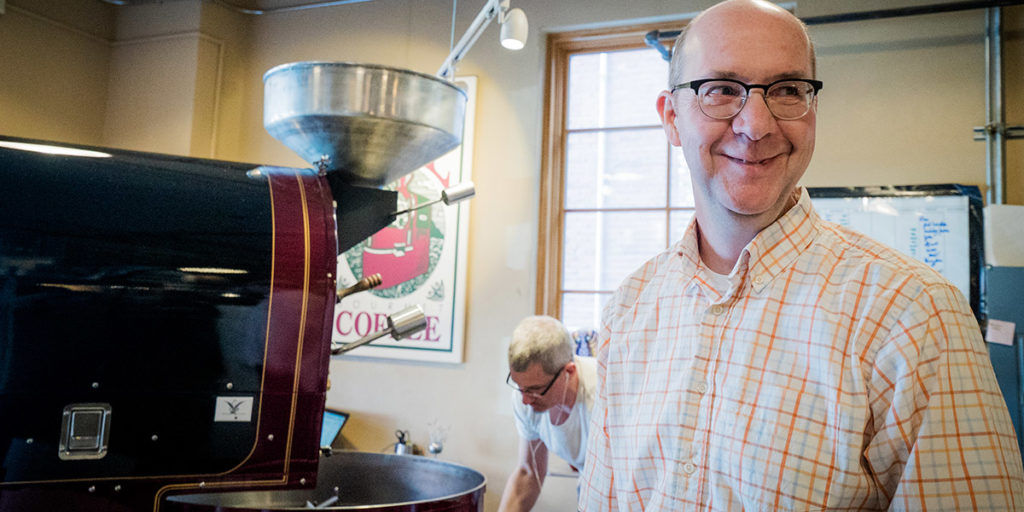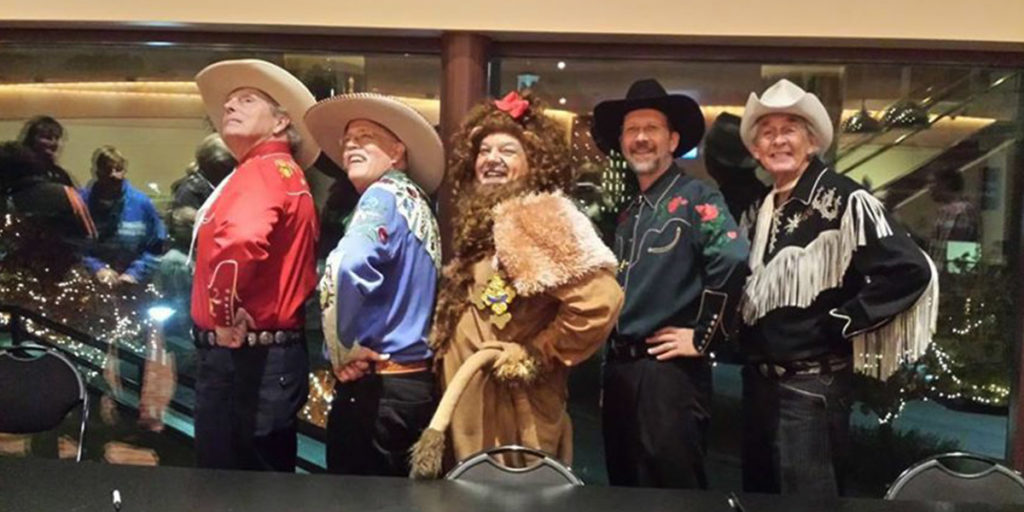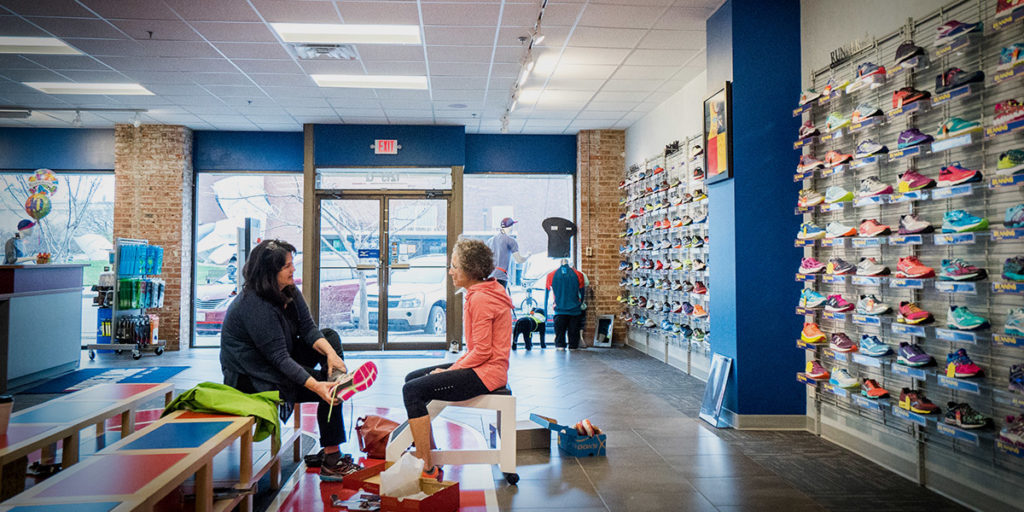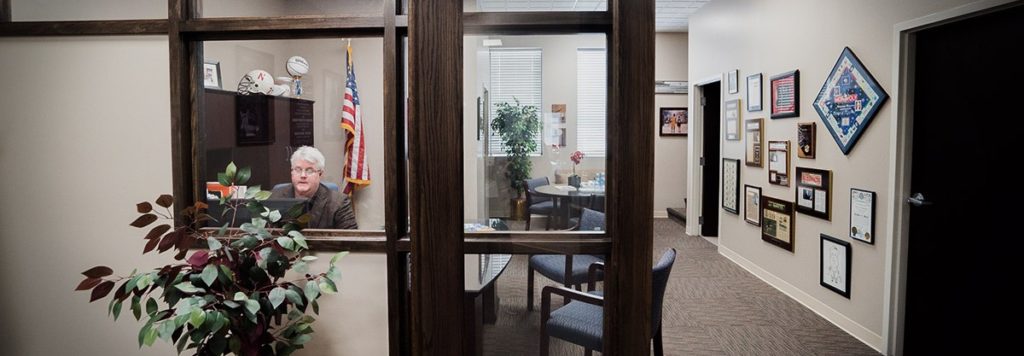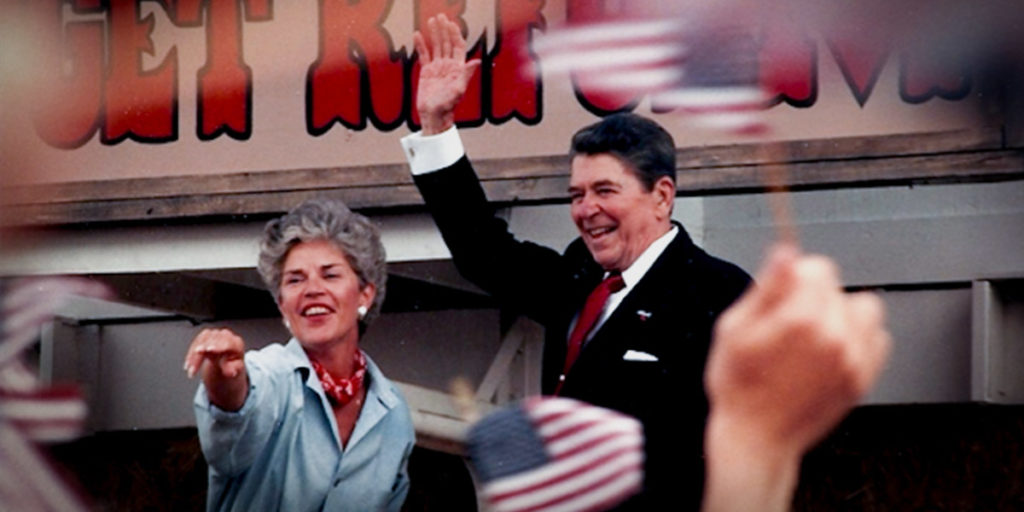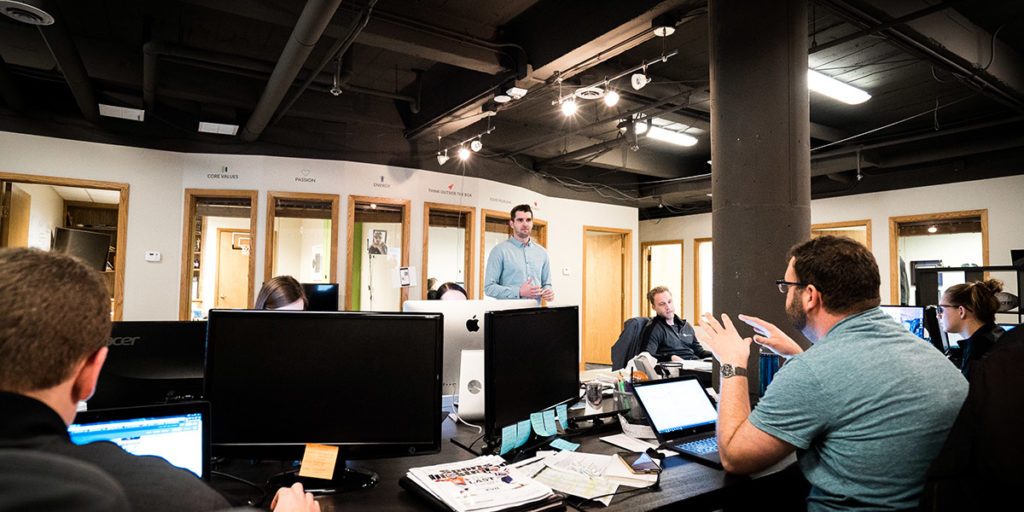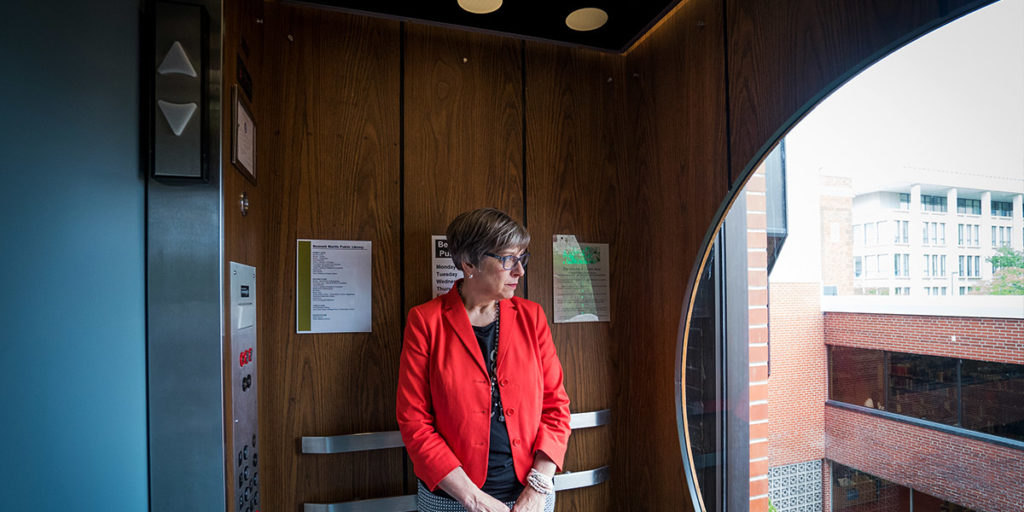
Some days, Pat Leach wishes she could just call in ‘sick.’ Not because she doesn’t like her job, but because she wants to finish the latest book that’s grabbed her attention.
It’s funny, she said, the thing that keeps her from reading most often is her job to help others read. Pat is the Director of Lincoln City Libraries.
She’s worked at the Bennett Martin Public Library for most of the past 40 years, and it’s hard for her to imagine having a different job.
Her job at the library is to engage the community, encouraging reading, literacy and education and inviting everyone into the libraries across the city. It’s a job that fits Pat, because of her deep love of reading and her passion for sharing that love with others.
But it’s also a job that nearly 10 years ago, she wasn’t sure she wanted anymore.
Here’s why.
After almost 30 years of working in the library, Pat had a thought one day, ‘Maybe I should be doing something different…’
It wasn’t that she didn’t like her job, or it didn’t fit her skills, actually, it did both. Pat just wanted to be sure she was in the right career, so, she called a career counselor.
Up to that point, the Bennett Martin Public Library had been Pat’s place. It was where she worked during college, the place she met her late husband and how she interacted with people from the community. She’d worked in various areas of the library system and had seen the library grow and change over the years.
But a question still lingered in her head, “Was there something else out there I should do?”
When Pat met with the career counselor, they talked about her strengths and weaknesses, her likes and dislikes, and worked to determine what career field might fit her best. At the end of the evaluation it came time to look at the list of potential career options.
Pat held her breath and looked at the list – at the top was ‘librarian.’
Go figure.
If she hadn’t been sure before, she was then, working in the library was the right place for Pat. She remembers the career counselor making a comment like, ‘Well, it looks like you landed in the right place from the start…’
It was true. Pat’s life wasn’t consumed with the library, but so much of her personal and careers passions worked perfectly together.
After meeting with the career counselor she felt confident that her job at the library wasn’t just an easy fit, it was the right fit. Since then, Pat has leaned in more and more to her role at the library.
In 2008, she became the Library Director, a job that oversees the workings of all the public libraries in Lincoln. She also hosts a weekly radio show on NET called ‘All About Books’ and frequently speaks at events and to students about the importance of reading and literature.
She lived a pretty “charmed” life, up until three years ago when her beloved husband, Jerry Johnston, was diagnosed with cancer. He died just seven weeks after the diagnosis.
Pat remembers people telling her how strong she was, saying they could never go through losing a spouse, but Pat didn’t think of herself as extraordinarily strong – she just did what she had to do. Something many people do every day in difficult circumstances.
She made it through the deep sadness and loss, and she values life more because of losing her husband. Pat doesn’t immediately talk about the loss of her husband because she doesn’t want that one moment to define her story.
To be honest, Pat said she isn’t sure what moment does define her story. Things like her childhood, her job at the library or even her husband are all part of it, but none of them seem to sum it all up. Maybe that’s just it.
Sometimes the best stories aren’t flashy or overly dramatic, they’re consistent and real.
Pat is kind and focused, determined and open-minded. Her story is about doing the next thing, being herself and enjoying each moment, no matter how big or small they may seem.
